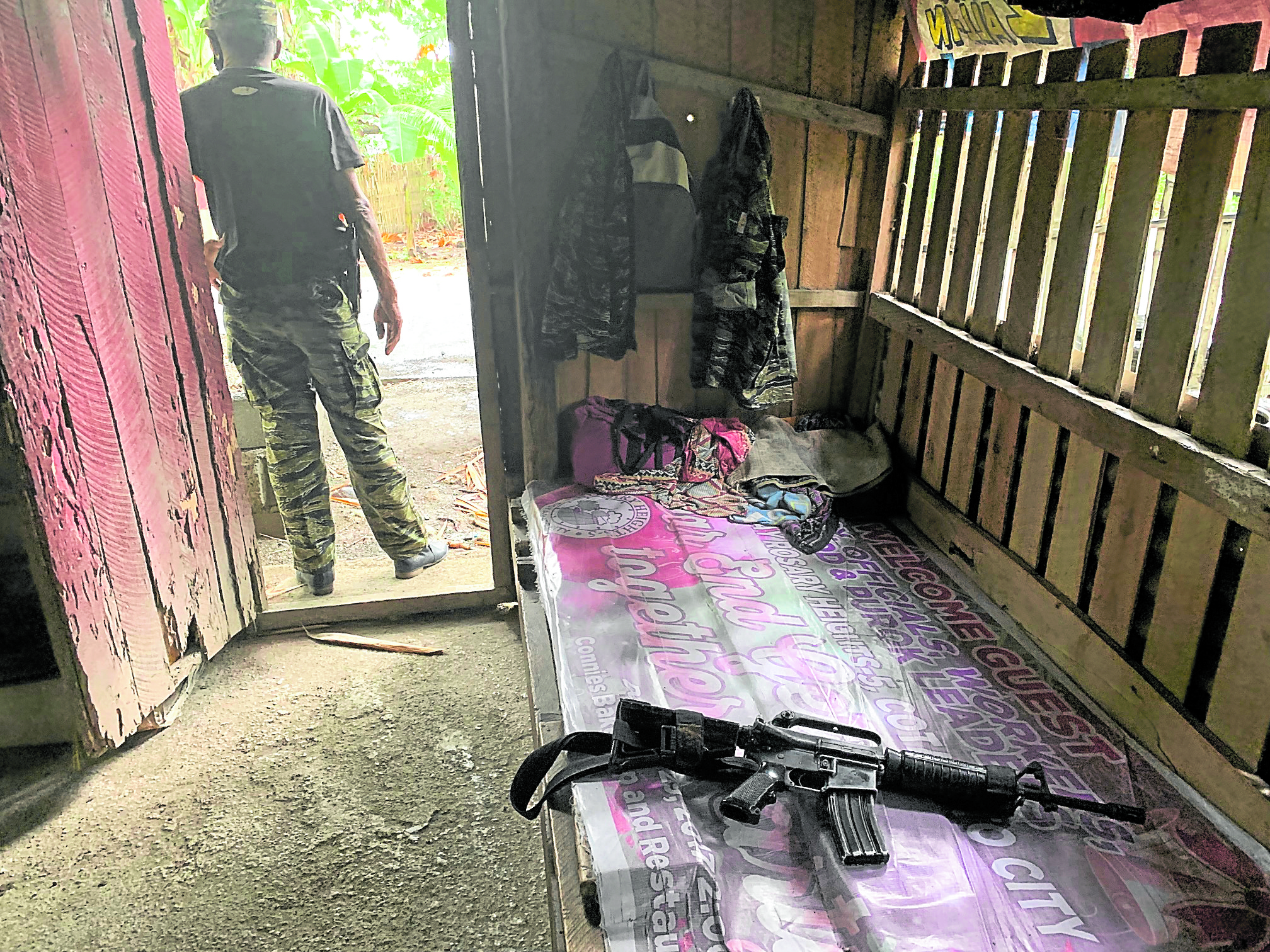
WAITING Moro Islamic Liberation Front fighters, like this man photographed in 2019 at the group’s camp in Maguindanao, are waiting to be decommissioned and receive an aid package. —JEOFFREY MAITEM
BULUAN, MAGUINDANAO — The government has set up the Bangsamoro Normalization Trust Fund (BNTF) that will take care of the financial requirement for decommissioning the armed wing of the Moro Islamic Liberation Front (MILF) and to transform former rebel camps into productive enclaves.
The launching of the multidonor fund on Wednesday is seen to accelerate the integration of former Moro combatants into the country’s mainstream society and turn former war-torn communities in the Bangsamoro into peaceful economic zones, in keeping with the 2014 peace deal.
Ndiamè Diop, World Bank (WB) country director for Brunei, Malaysia, the Philippines, and Thailand, said the BNTF would serve as a vehicle where international donors could contribute resources to help MILF combatants live in peace and prosperity.
The WB, which would administer the fund, believed the BNTF would be instrumental in bringing lasting peace not just in the Bangsamoro Autonomous Region in Muslim Mindanao (BARMM) but also in the rest of Mindanao.
“(The fund) will assist the MILF combatants and their communities achieve their desired quality of life in a peaceful and inclusive manner,” said Diop. International donors that had so far pledged support for the fund included the European Union, Australia, Canada, United Nations, and Japan, he said. No amounts were disclosed.
Diop said the BNTF would also seek to develop the six MILF camps in BARMM previously recognized by both the government and MILF.
Significant milestone
Bangsamoro Interim Chief Minister Ahod Ebrahim, speaking on behalf of the MILF during the online launch, said the setting up of the fund was “another significant milestone that assures the (Philippine government) and MILF will continue providing necessary efforts in normalizing our combatants and their respective communities.”
Gustavo Gonzales, UN resident coordinator in the Philippines, assured during the same launch of United Nations’ continued support for the Bangsamoro peace process.
The creation of BNTF was mutually agreed upon by the government and the MILF in the Annex on Normalization of the Comprehensive Agreement on the Bangsamoro (CAB), the final peace agreement signed by the government and the former Moro separatist group in 2014 after 17 years of negotiations.
Although the CAB’s political track has been accomplished with the creation of BARMM in 2019, the normalization track has been lagging behind, Ebrahim said.
He stressed that the political and normalization tracks were “meant to intertwine with one another to assure the overall success of the peace process.”
Presidential Peace Adviser Carlito Galvez Jr., in his keynote speech, said the BNTF “is a testament to the national government’s steadfast commitment to attain a just and lasting peace in the Bangsamoro and throughout the country.”
Galvez said the coronavirus pandemic had pushed back the implementation of the normalization track, which included putting the MILF fighters’ weapons beyond use.
As of last year, at least 12,000 MILF fighters were deactivated in the second phase of the decommissioning process that began in August 2019. The MILF also turned over 2,100 assorted weapons to the foreign-led Independent Decommissioning Body.
The third phase was to start in 2020 but the onset of the COVID-19 pandemic pushed it back. Another 35 percent of the 40,000-strong MILF will be decommissioned during this phase, while the rest of the remaining armaments will be processed until 2022 for the expected signing of the exit agreement between the government and MILF.
A deactivated MILF fighter gets P100,000 cash and is also entitled to housing, livelihood, and educational assistance, among others, in a package worth at least P1 million each, Galvez said an earlier interview.